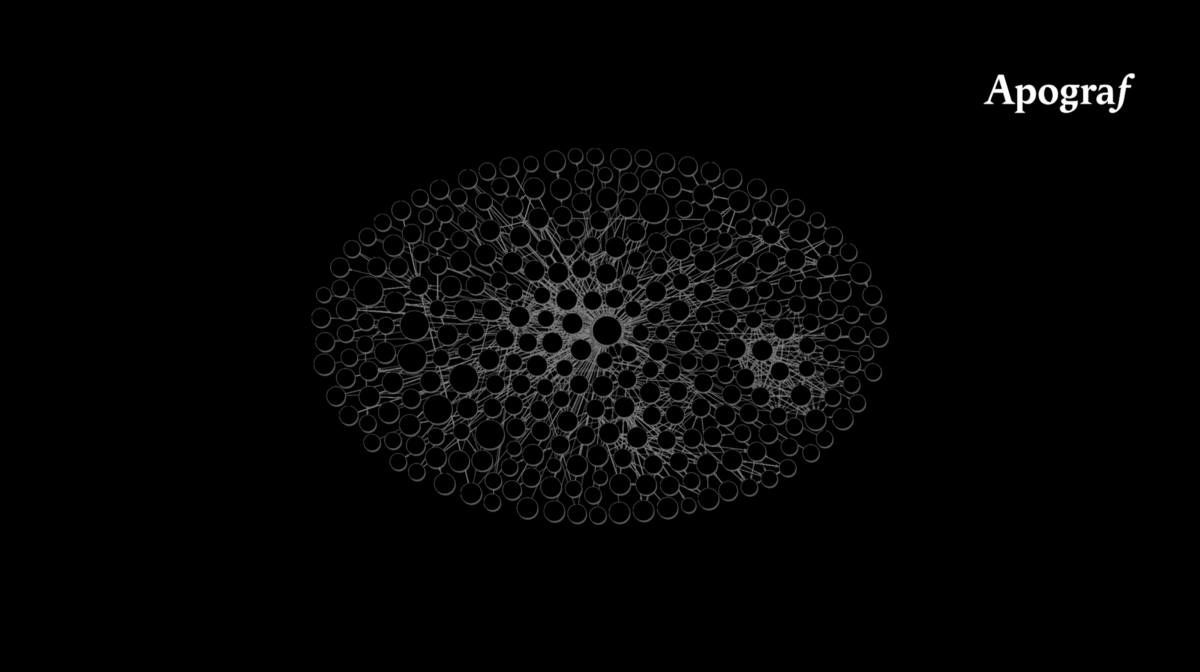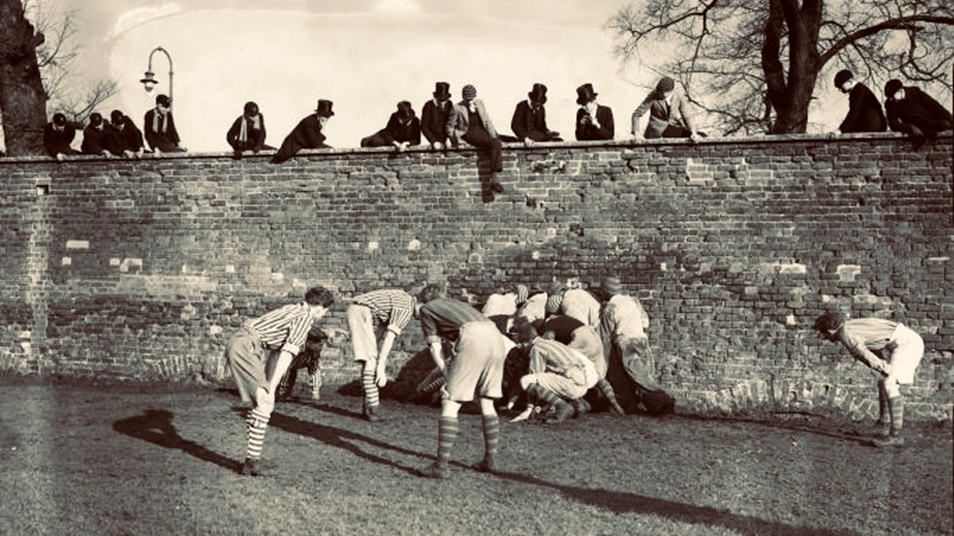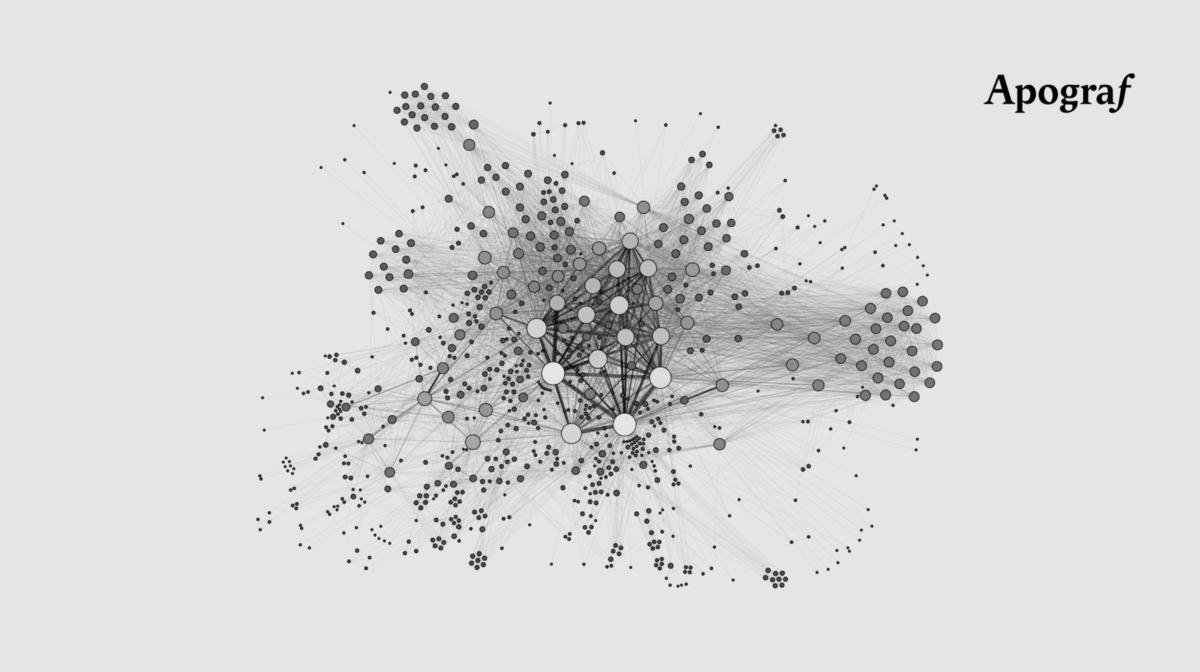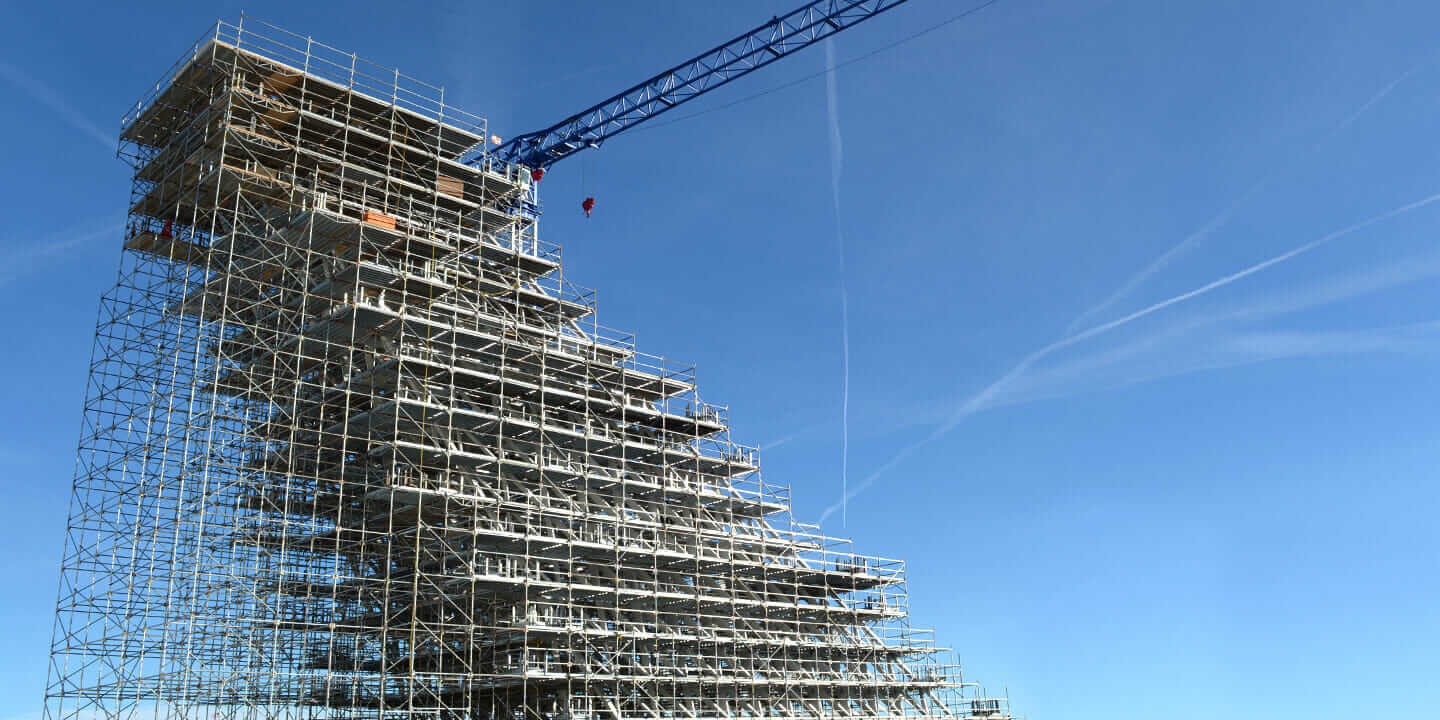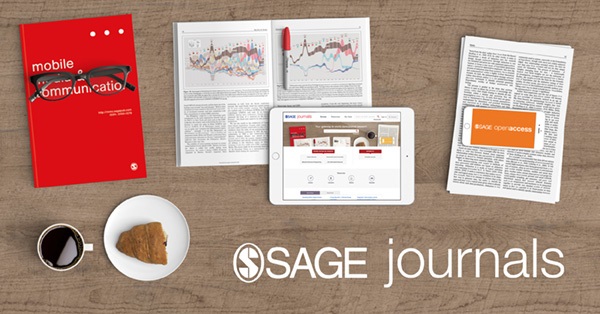There are a couple of angles to look at researcher conflict of interest from. One is that a conflict could distort their work, tilting findings and claims away from "the truth". The other is for the way the work is received, not how it is done: authors' perceived conflicts could damage credibility. How does this translate to authors of systematic reviews and meta-analyses? Are the issues the same, no matter the type of study? I've been thinking about that a lot lately. I was one of the external stakeholders consulted as part of the Cochrane Collaboration's review of its conflict of interest policy for their systematic reviews editorial teams. As they explain, they are looking to strengthen their approach to financial conflicts, and "consider a wider range of possible inherent biases". In biomedicine at least, systematic reviewers/meta-analysts are widely seen as arbiters on the state of knowledge. Their work often guides individual decisions, policy, and funding. I think that








